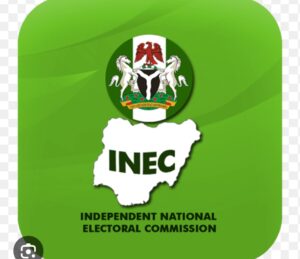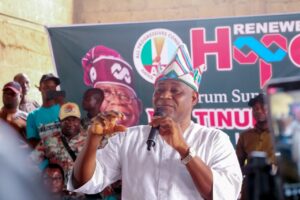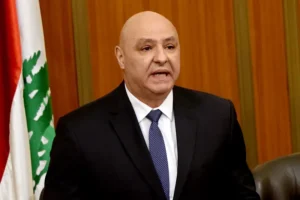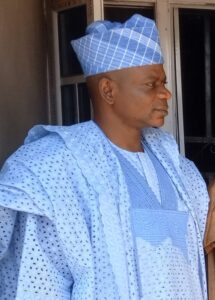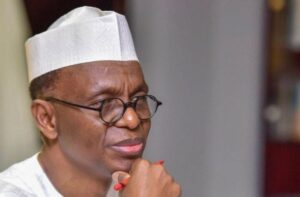
In a democratic society, the notion of state creation often sparks debate and raises expectations, especially in a nation as diverse and populous as Nigeria. Citizens, regions, and interest groups regularly advocate for new states, seeking political representation, economic development, and cultural recognition. However, to me, expecting the creation of states in our current democratic setting is like expecting a baby after a pregnancy has been aborted. While the desire and hope may exist, the realities of the situation often point to an improbable outcome.
The metaphor of expecting a baby after an abortion encapsulates the essence of what state creation represents in many democracies today: a significant shift in expectations that are often crushed by political, legal, and constitutional realities. Just as an abortion ends the possibility of childbirth, the complex processes and challenges inherent in democratic governance can thwart the realistic prospects of new states being created.
Historical Precedents and Expectations: Since independence, Nigeria has seen a series of state creations, driven by the need to accommodate its vast ethnic, cultural, and geographical diversity. The last wave of state creation occurred in 1996 under the military regime, and since then, despite growing demands, no new state has been established in this democratic era. The shift from military rule to civilian fundamentally altered the power dynamics surrounding state creation. While military governments could unilaterally decree new states, democratic processes require a much more intricate balance of political will, legislative approval, and constitutional amendments.
The democratic setup, with its numerous layers of consultation and representation, ensures that the creation of new states must reflect the broader interests of the nation, not just the desires of specific regions. This makes the process more cumbersome, slow, and often politically impossible.
Political and Economic Realities: In today’s democratic landscape, the hurdles to creating new states are enormous. Political realities play a significant role in stifling the possibility. The creation of states in a democracy requires the approval of the National Assembly, the concurrence of two-thirds of the state Houses of Assembly, and a referendum in the affected areas. With so many competing interests and regional power blocs, achieving consensus on the creation of a new state becomes almost impossible.
Economic viability is another critical factor: Most existing states in Nigeria already struggle to sustain themselves without federal allocations, and the creation of additional states could exacerbate the financial burden on the country. The revenue base of the country is limited, and dividing it among more states could lead to further inefficiencies and increased dependency on the federal government. Thus, while state creation might seem like a solution to underrepresentation or marginalization, it could deepen the economic challenges faced by the nation.
A False Hope? The comparison between state creation in a democratic society and expecting a baby after an abortion highlights the disillusionment that can arise when people hold on to unrealistic expectations. In a democracy, the processes, checks, and balances, though vital for protecting the interests of all citizens, often make the actualization of certain desires, like the creation of states, a near impossibility. The emotional investment and hopes tied to these expectations can lead to disappointment when the realities of governance come to the fore.
Just as one cannot expect the continuation of a pregnancy after it has been terminated, expecting state creation under a democratic system rife with political, economic, and procedural hurdles may be setting ourselves up for failure. It is a harsh reality that while democracy offers a platform for discussion and representation, it also imposes limits on what can realistically be achieved within the confines of constitutional and economic stability.
In fact, my stance on state creation is fundamentally different. To me, it seems that the sponsors of this bill, whether in the House of Representatives or the Senate, are merely staging a distraction for Nigerians or seeking public recognition to score political points. Isn’t this a form of political deceit? Especially when we know that creating new states is not even part of President Bola Ahmed Tinubu’s Renewed Hope Agenda. So, why misleading the public?
While I believe in the power of possibility and remain optimistic, proposing the creation of more states in the current democratic era seems, in my view, like a distraction from the pressing issues of economic hardship and widespread hunger.
In conclusion, expecting state creation in a democratic settings, particularly in Nigeria, may be akin to waiting for the impossible. The intricate processes involved, combined with the political and economic limitations, make it a daunting task. While the desire for new states stems from legitimate concerns of representation and development, it is essential to approach the subject with a clear understanding of the challenges involved, rather than clinging to false hopes. Like a pregnancy that has been aborted, the chances of achieving this expectation in the current democratic framework remain slim.


